Senator Sanni Advocates Infrastructure Development, Policy Reforms to Boost Nigeria’s Maritime Sector
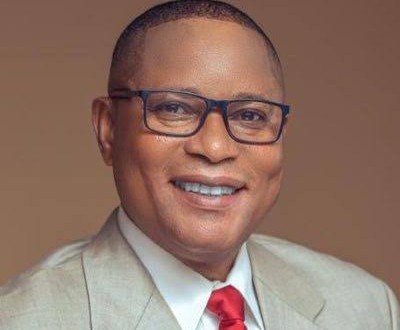
Chairman, Senate Committee on Marine Transport, Senator Wasiu Eshilokun Sanni has said that harnessing Nigeria’s blue economy requires deliberate infrastructure development, strategic planning, and sustainable practices to unlock the nation’s maritime potential and boost export trade.
Senator Sanni stated this while speaking at the 2025 Conference and Award of the Association of Maritime Journalists of Nigeria (AMJON) held on Thursday in Lagos, themed “Harnessing Nigeria’s Blue Economy Potentials, Boosting Export Trade, and Multimodal Cargo Transport”.
He emphasised that modernising ports, improving multimodal transport links, and adopting digital technologies are key to achieving efficiency and competitiveness in the sector.
The Senator who was represented by Mr Gbenga Oyebode, noted that the establishment of the Ministry of Marine and Blue Economy marks a significant milestone in Nigeria’s maritime development, but it must be backed by a comprehensive national policy, strong institutional capacity, and collaboration between public and private stakeholders.
“The government must prioritise port modernisation and the development of new deep-sea ports to handle larger volumes of cargo. “Equally important is the investment in dredging and upgrading inland waterways, improving road and rail connections to ports, and deploying technologies such as the International Cargo Tracking Notes (ICTN) to enhance visibility, security, and efficiency in cargo movement”, he said.
He underscored the need for a clear national blue economy policy aligned with the African Union’s Agenda 2063 and the United Nations’ Sustainable Development Goals (SDGs) and called for strengthening institutional frameworks and inter-agency collaboration to ensure effective policy implementation and monitoring.
He further advocated for public-private partnerships (PPPs) to attract investments, drive innovation, and bring in modern technology across the maritime value chain. Strengthening the legal and judicial frameworks to resolve trade disputes efficiently, he added, would enhance investor confidence and support seamless maritime operations.
Highlighting sectoral opportunities, the Senator noted that fisheries and aquaculture remain vital components of the blue economy, capable of enhancing food security, promoting youth empowerment, and generating employment if managed sustainably. He also urged investment in marine and coastal tourism, renewable energy, biotechnology, and deep-sea mining as emerging areas of economic growth.
“While we strive to develop these sectors, sustainability must remain at the core of all our activities,” he said. “Protecting marine biodiversity and ensuring environmental balance is not just an obligation but a necessity for long-term prosperity.”
Senator Sanni commended AMJON for its continued advocacy and contribution to maritime sector development, describing the 2025 conference as timely in advancing discourse on Nigeria’s blue economy potential.
In her welcome address, the Acting President of AMJON, Vera Osokpo, has reaffirmed the association’s commitment to promoting national discourse and policy action toward harnessing Nigeria’s blue economy for sustainable growth and export diversification.
Osokpo noted that Nigeria’s vast maritime endowments remain underutilised despite the country’s strategic coastal location and abundant ocean resources, saying it has the potential to transform Nigeria’s economic landscape if properly developed.
“Our blue economy has the potential to be a game-changer for Nigeria. By harnessing these resources, we can diversify our economy, create jobs, and stimulate growth,” she said.
Highlighting the role of the media in advancing maritime development, Osokpo charged journalists to remain steadfast in promoting awareness, accountability, and advocacy in the sector.



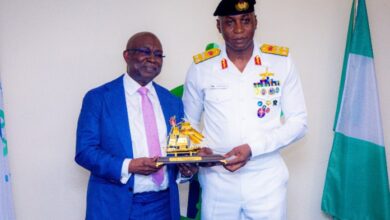
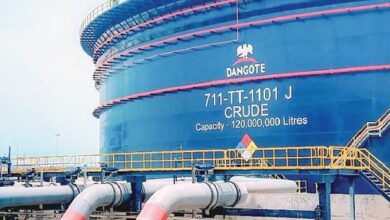
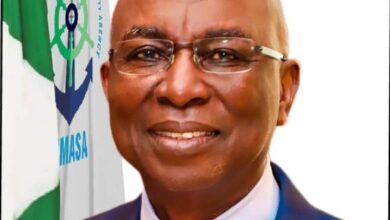
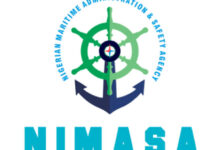
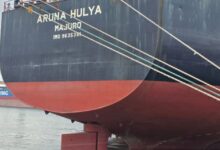
x88thp